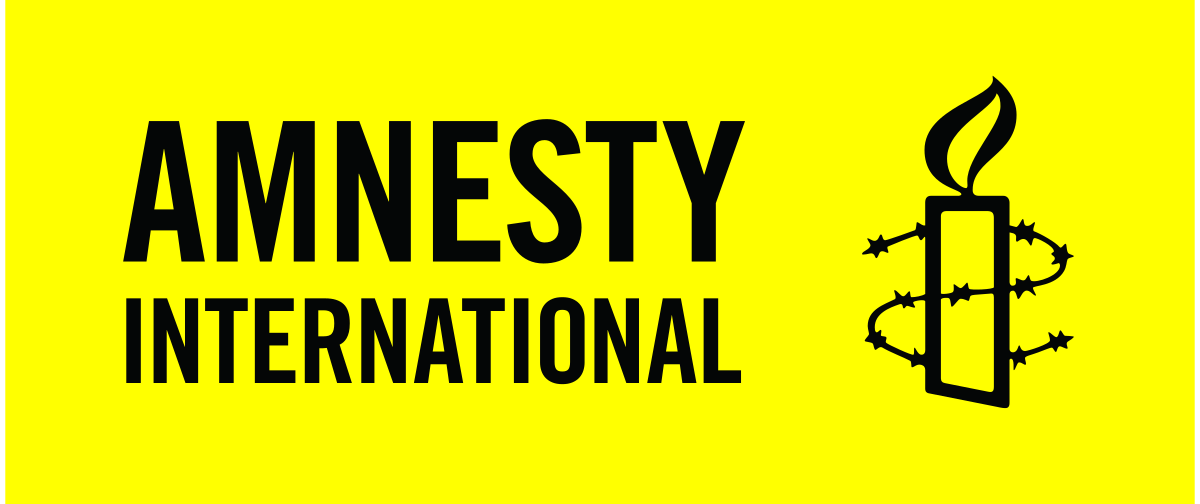Doctor Killed In Pakistan For Alleged Blasphemy
Islamic extremists in Pakistan have killed over 100 people, including in lynchings, for alleged blasphemy
October 12, 2024
Last month, a doctor working in southern Pakistan was killed by the police in a fake shootout according to news reports. An Islamic cleric alleged that one of Shah Nawaz’s post on Facebook was an insult to Prophet Mohammed. Islamist political parties and extremist Islamic clerics led protests in which mobs attacked police stations and burned police vehicles. One cleric even publicly announced an $18,000 bounty on Nawaz’s head, “declaring that punishment for blasphemy was beheading,” The New York Times reported.
The doctor’s family said that the Facebook post was somebody else’s work since it was on Nawaz’s old Facebook account which had been hacked long ago, Reuters reported. Nawaz, who was in hiding, gave himself up to the police on being assured that he would be able to prove his innocence.
The accused policemen, who allegedly killed Nawaz, were garlanded and showered with rose petals at red-carpet events, according to pictures and videos posted on social media.
In May, a mob led by Islamic extremists killed Lazar Masih, a 74-year-old Christian in Pakistan for allegedly desecrating the Koran. So far this year, eight people accused of blasphemy were killed extrajudicially, primarily by mobs while the police watched, according to the Centre for Social Justice, a Pakistan based human rights group.
In August 2023, several hundred people attacked a Christian settlement in Punjab province, Pakistan, after two members of the community were accused of committing blasphemy. The mob, armed with stones and sticks, vandalized several churches, burned more than 400 homes, and destroyed a cemetery.
The same month, a mob attacked a factory owned by an Ahmadi in Lahore, accusing him of blasphemy. Instead of prosecuting the attackers, the authorities charged eight members of Ahmadi community, a Muslim sect, with blasphemy. In July 2023, a mob vandalized an Ahmadiyya place of worship in Karachi, in Sindh province. The persecution of the Ahmadiyya community, a Muslim sect, is embedded in Pakistani law and encouraged by the Pakistan government, notes Human Rights Watch.
A blasphemy law in Pakistan – covering irreverence or insults to Prophet Mohammed, the Koran or other sacred Muslim things - carries what is effectively a mandatory death sentence for those alleged to have committed the act. The Center for Social Justice, a Pakistani advocacy group, reports that, since 1987, nearly 2,500 people have been charged under such laws, including 329 in 2023. While there have been no judicial executions, several people are on death row and many others are serving life sentences for alleged blasphemous acts.
Mere accusations of blasphemy put those targeted at risk of physical harm. Islamist politicians and extremist Islamic clerics incite mob violence, including paying rewards to those killing alleged blasphemers. Since 1994, more than a hundred people have been killed in blasphemy-related attacks in Pakistan, including mob lynchings, according to the Centre for Social Justice, a Pakistan based human rights group.
Pakistan’s blasphemy law is largely used against members of religious minorities. In 2009, police stood by while a mob set on fire a Christian hamlet in Punjab, Pakistan, killing seven people, following allegations of blasphemy against a Christian. Hindus in Pakistan too have faced attacked by Islamic extremists for alleged blasphemy.
The blasphemy law is often manipulated to settle personal disputes. “The majority of blasphemy cases are based on false accusations stemming from property issues or other personal or family vendettas rather than genuine instances of blasphemy and they inevitably lead to mob violence against the entire community,” Pakistan’s Supreme Court stated in 2014. Yet, the Pakistani or provincial governments rarely bring charges against those responsible for the attacks and have yet to punish any of the attackers.
Meanwhile, there is growing curtailment of human rights and civil liberties in Pakistan. Amnesty International states that the country’s officials “continued their assault on dissenting voices, political opposition and people critical of the government and the military establishment. Human rights violations such as enforced disappearances, arbitrary arrests and detentions, excessive restrictions on protests and violence against religious minorities continued unabated with little or no justice for victims.”
Following the attacks on Christians in 2023, Patricia Gossman, associate Asia director at Human Rights Watch Gossman said in a statement that “The Pakistan government’s indifference to the abuses under the blasphemy law and the violence it provokes…(and) The authorities’ failure to hold those responsible for violence against religious minorities to account only encourages extremists and reinforces fear and insecurity among all religious minorities.”
Last month’s killing of Doctor Nawaz was the second such killing in a week. A 52-year-old hotel owner in Balochistan province was also killed while held at a police station for alleged blasphemy. Thousands of human rights activists rallied against the killing in Balochistan demanding justice and chanting slogans against Islamist extremism.
Experts and rights activists attribute the surge in blasphemy-related violence to the rise of Tehreek-e-Labbaik Pakistan, or T.L.P., a radical Islamist party founded in 2011, according to The New York Times.
"This pattern of violence in cases of blasphemy, in which law enforcement personnel are allegedly involved, is an alarming trend," the Human Rights Commission of Pakistan said in a post on X/Twitter. The government, the post by the independent organization added, “must counter the rising radicalization (much of which has been historically sponsored by the state itself) that triggers such incidents.”



